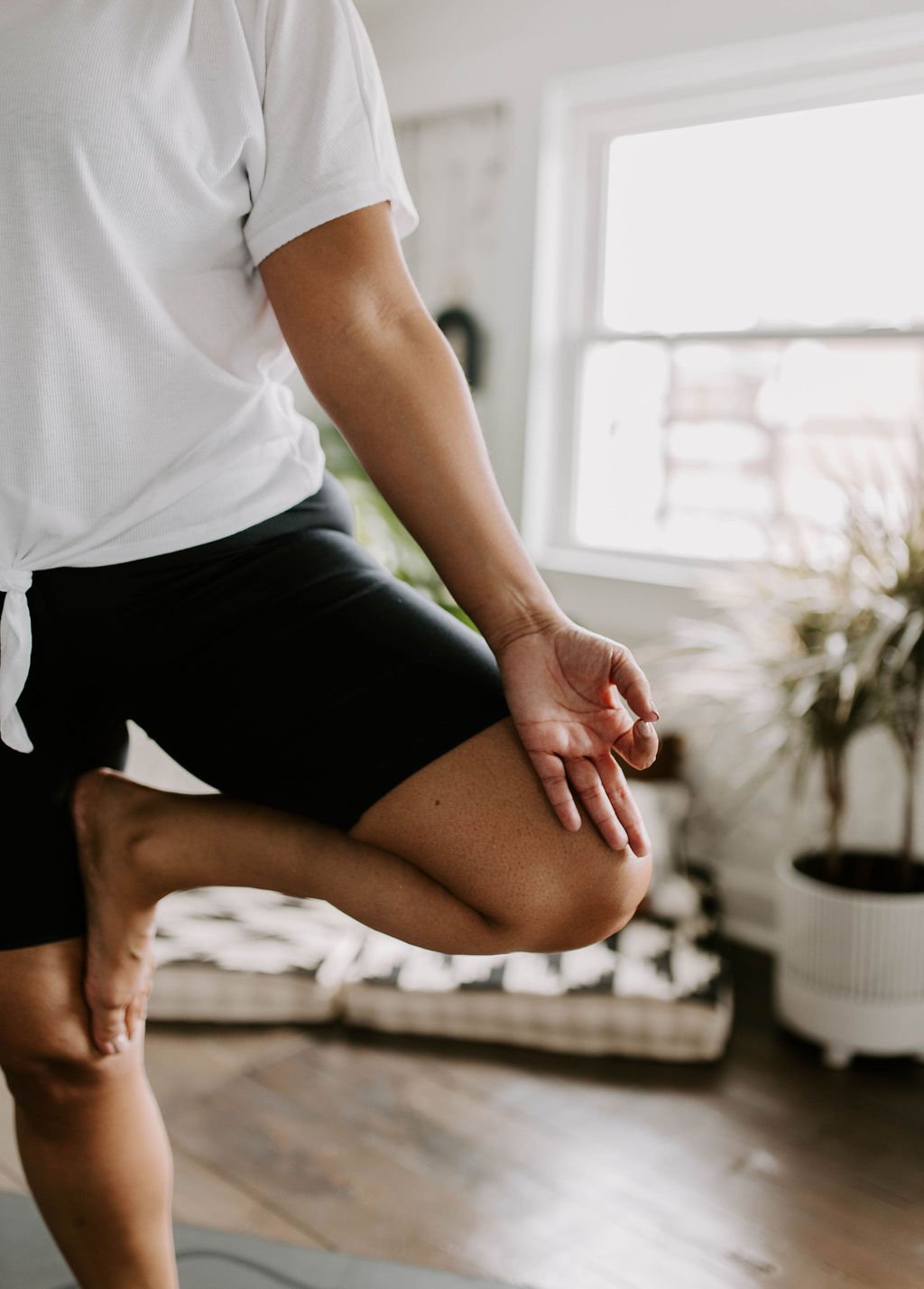7 Yoga Myths Debunked
Yoga has become increasingly popular as a holistic practice, but along with its rise in popularity, numerous misconceptions and myths have emerged. These myths often lead to misunderstandings about the benefits and purpose of yoga. In this blog post, we'll debunk seven common yoga myths and help you understand the true essence of this transformative practice.
Myth #1: "Yoga is Only for Flexible People"
Let's set the record straight: yoga is not exclusive to naturally bendy individuals or acrobatic contortionists. Regardless of your flexibility level, yoga is for everyone. It's about embracing your body as it is and, with time, patience, and consistent practice, witnessing your flexibility improve. Don't let this myth hold you back from experiencing the transformative power of yoga.
Myth #2: "Yoga is Just About Stretching"
While yoga does involve stretching, it encompasses so much more. Yoga is a holistic practice that combines physical movement, breath control, and meditation to nurture your mind, body, and spirit. It improves strength, balance, coordination, and posture. Moreover, it cultivates mindfulness, reduces stress, and enhances overall well-being. So, remember that yoga offers a variety of benefits beyond mere flexibility.
Myth #3: "Yoga is a Religious Practice"
Although the origins of Yoga lie in ancient spiritual traditions, today it is primarily practiced as a secular activity. While some yoga classes may incorporate elements of spirituality, the practice itself is not tied to any specific religion. Yoga is about connecting with yourself, finding inner peace, and improving your physical and mental health. It's a personal journey that transcends religious boundaries, making it accessible and welcoming to people of all faiths or no faith at all.
Myth #4: "Yoga is Only for Women"
Yoga knows no gender boundaries. While media representations may predominantly showcase female practitioners, yoga is inclusive and open to all genders. Men, women, and individuals across the gender spectrum can benefit from the physical, mental, and emotional advantages that yoga provides. It's an empowering practice that allows everyone to find balance, strength, and self-discovery.
Myth #5: "Yoga is Easy"
Yoga can be practiced by almost everybody, but it's not necessarily easy. It requires physical and mental effort and sometimes can be challenging. However, the beauty of yoga lies in the journey, not just the destination. With time, practice, and patience, you can gradually build strength, flexibility, and endurance. Remember, yoga is not about perfection or competition, it's about honoring you and finding balance in all aspects of your life.
Myth #6: "Yoga is Only for Young People"
Yoga knows no age limits. It is a practice that can be enjoyed by people of all ages, from children to seniors. Yoga offers numerous benefits, including improved mobility, flexibility, balance, and mental clarity, which are particularly valuable as we age. Regardless of your age, there are yoga practices and modifications available to suit your specific needs and abilities.
Myth #7: "Yoga is Only About the Poses"
While yoga postures, or asanas, are an integral part of the practice, they are just one piece of the puzzle. Yoga encompasses a comprehensive system that includes breathing exercises (pranayama), meditation, ethical principles (yamas and niyamas), and more. It is a holistic path that addresses the well-being of your mind, body, and spirit.
Yoga is a versatile and inclusive discipline that can benefit people of all ages, genders, and fitness levels. It's time to let go of these myths and embark on a transformative journey of self-discovery and well-being. Whether you're a beginner or an experienced practitioner, yoga offers a path to physical health, mental clarity, and spiritual growth. So, are you ready to embrace the transformative power of yoga and embark on your yoga journey?
See you on the mat,
Gaby


